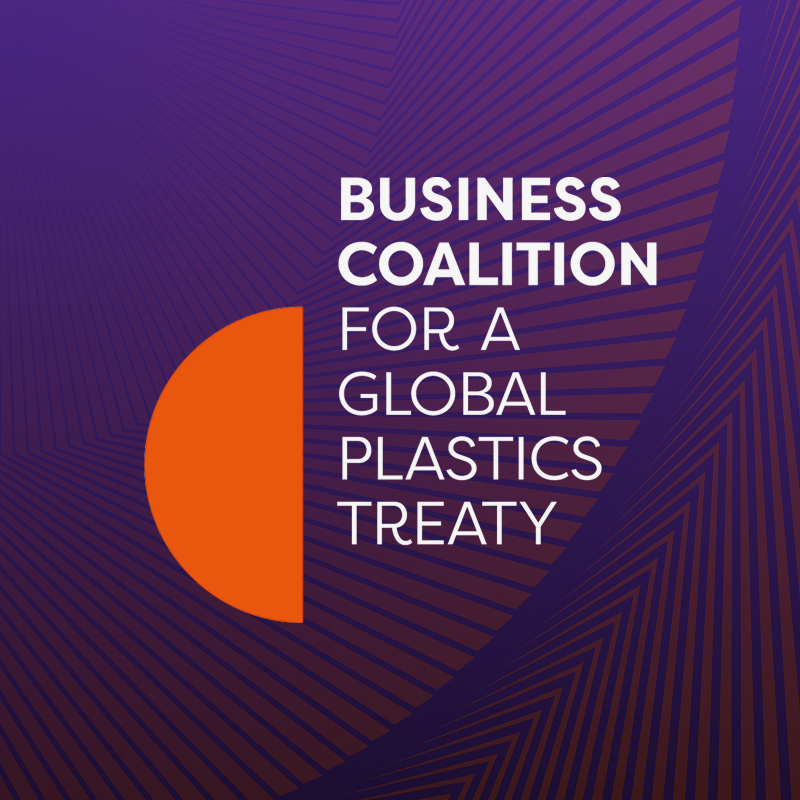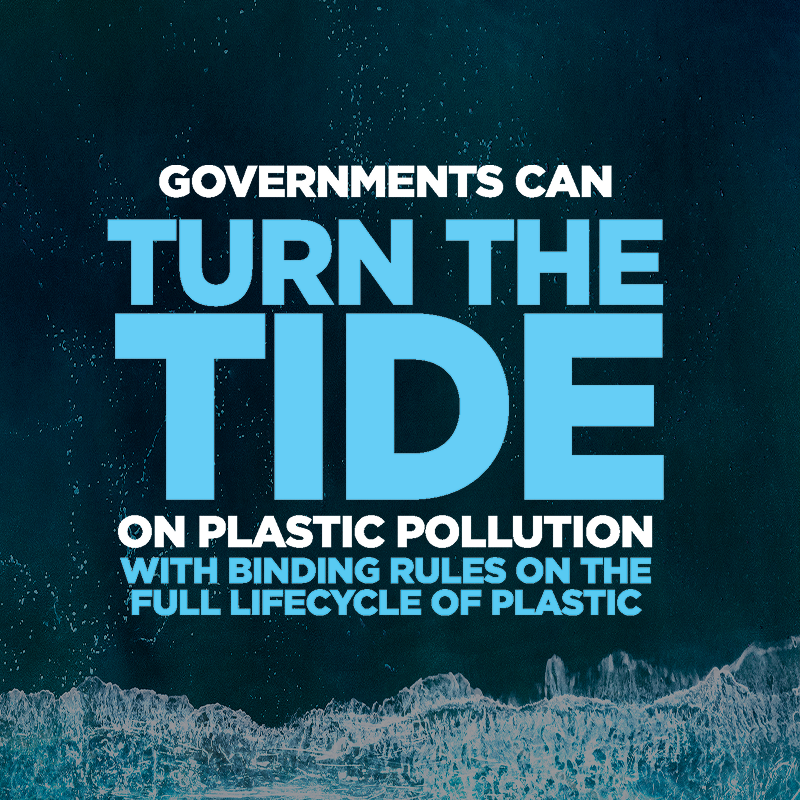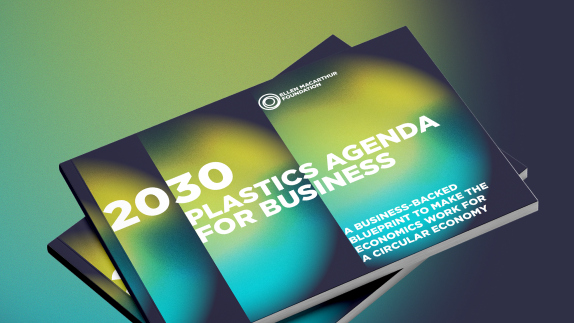Plastic waste remains an urgent, visible challenge, and the pressure to act is here to stay. Policymakers across the world are working both at the global, national and local level to address this problem, developing regulatory measures to tackle the issue. At the same time, businesses have expressed the need for clear regulation to mobilise investments and drive innovation.
The power of policy
Without supportive and coherent policy, circular economycircular economyA systems solution framework that tackles global challenges like climate change, biodiversity loss, waste, and pollution. It is based on three principles, driven by design: eliminate waste and pollution, circulate products and materials (at their highest value), and regenerate nature. initiatives tend to remain isolated or small-scale. Because the circular economy transition challenges entrenched linear systems, effective policies at all levels of governance from local to international, are crucial to guide, incentivise, and regulate change across industries and society.
Policy can:
Set the vision and regulatory framework, through national strategies and targets, legislation and standards, and public procurement.
Incentivise innovation and mobilise investment, through fiscal tools, funding and R&D support.
Shape market demand & private sector practices for example through EPR schemes
Provide monitoring and accountability, through reporting and compliance mechanisms, data and indicators
Policy and the business voice
Regulatory certainty is essential to enable leaders to take bold action and ensure that the whole market acts. Effective, well-enforced policy is needed both to mobilise the 80% of the plastic packaging market that remains largely inactive, and to overcome the systemic barriers that prevent leaders from developing solutions to work at scale. This requires both targeted measures and broader cross-cutting fiscal and financial incentives. Without government action and regulatory certainty, business efforts alone will never be enough.
Regulation addressing plastic waste and pollution is growing by the year, already driving change and making businesses take significant action across the whole value chain. At the same time, fragmented and disconnected regulatory frameworks represent an economic risk, and will not deliver the necessary systemic transformation required to fix the issue once and for all.
By constructively working together, the business voice can bring a substantial and meaningful input to the regulatory discussions. We have an opportunity to re-shape the market of tomorrow and move towards a circular economy as a driver of growth, diversification, and economic resilience.

Business Coalition for a Global Plastics Treaty
300+ businesses and other organisations are collectively advocating for ambitious policy through the Business Coalition for a Global Plastics Treaty. They have provided confidence to governments and stakeholders, contributing to growing alignment on topics such as phase outs of problematic plastics and chemicals, product design, and EPR.

EPR for packing
The industry’s embrace of Extended Producer Responsibility (EPR) — including an explicit call for its implementation by ~100 businesses in 2021, spearheaded by the Ellen MacArthur Foundation, along with work by the Consumer Goods Forum and others — has helped accelerate EPR policy development worldwide.

A global plastics treaty
A Global Plastics Treaty is our greatest opportunity to dramatically accelerate solutions that work, at scale, and move towards a circular economy. While an agreement was not reached in the fifth round of negotiations, the majority of countries demonstrated support for an ambitious treaty.







